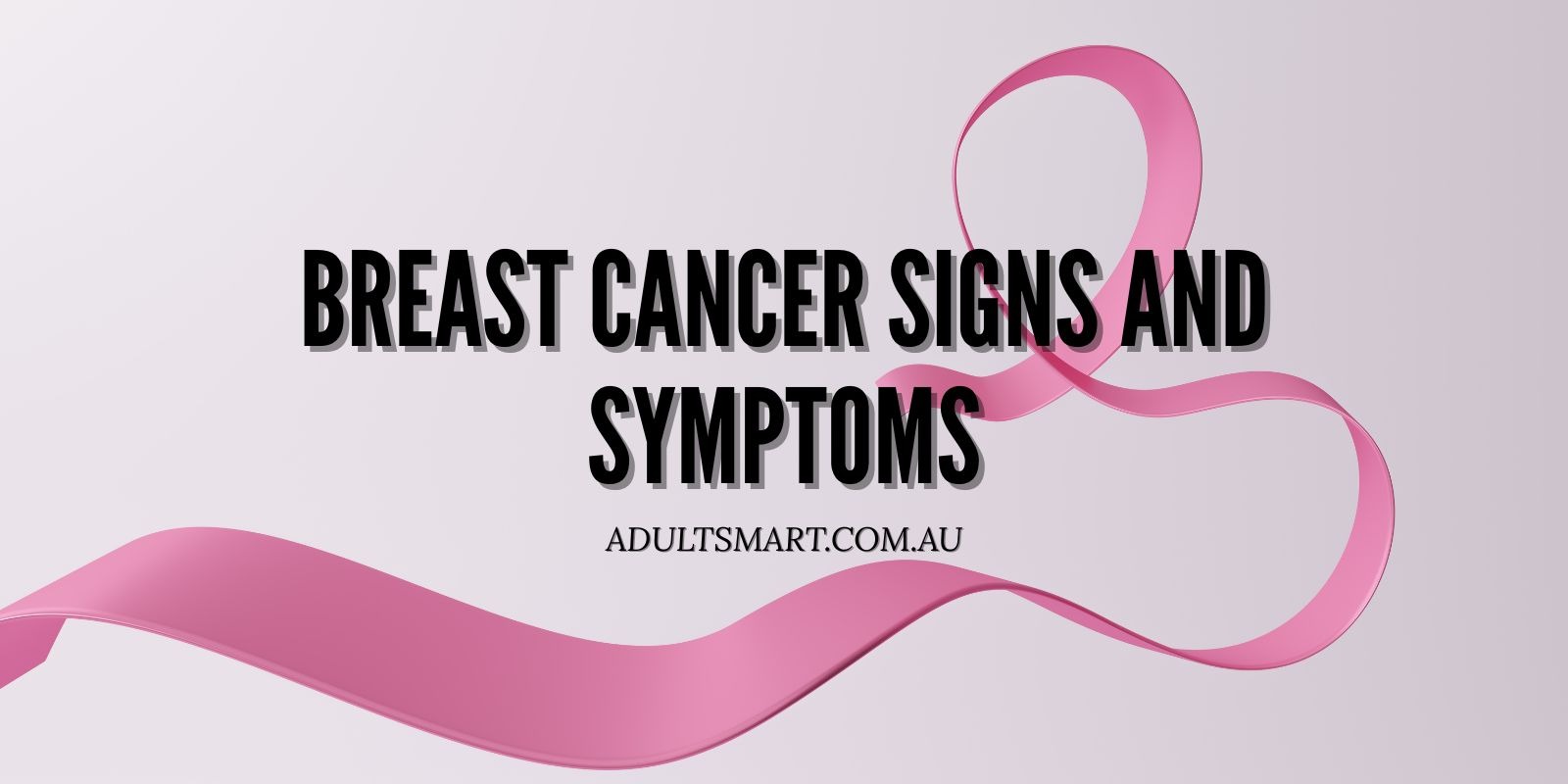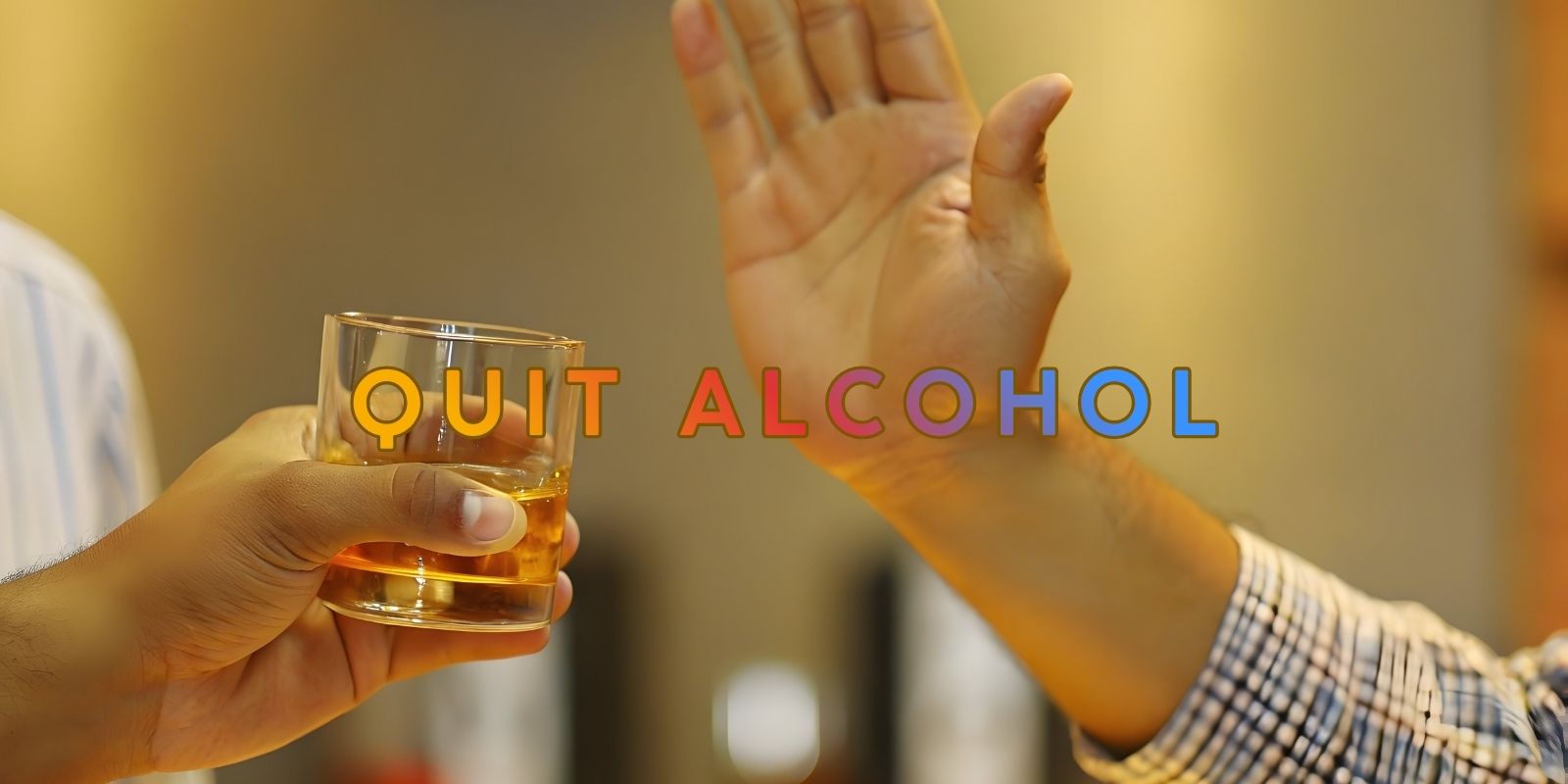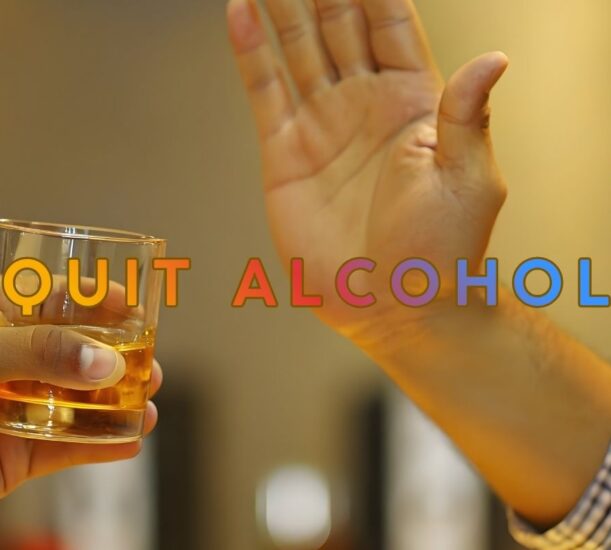Hypnotherapy Helps to Quit Alcohol — Know the Benefits
Quit Alcohol: Alcohol can slowly take over relationships, work and wellbeing long before anyone admits there’s a problem. For many people, the first step back to balance is understanding why they drink, and then learning new, reliable ways to respond to triggers. Hypnotherapy offers a private, compassionate route to do exactly that: it calms the mind, uncovers emotional triggers, and helps people build healthier habits that replace drinking without shame or force.
Table of Contents
- Why You Should Consider Quitting Alcohol
- Why Hypnotherapy Is Useful for Alcohol Problems
- How Hypnotherapy Helps You Quit Alcohol
- What to Expect in a Hypnotherapy Program
- Benefits of Hypnotherapy for Alcohol Dependence
- Combining Hypnotherapy with Other Supports
- Key Takeaways
- FAQ
- Reclaiming Choice: Your Next Step

Why You Should Consider Quitting Alcohol
Unrestricted alcohol use slowly reshapes daily life: it changes priorities, blunts emotional regulation, and damages physical health. Over time it increases the risk of chronic illness, disrupts sleep and can impair judgement in relationships and at work. Recognizing that pattern early gives you the power to act before the consequences become severe.
Cutting back or stopping drinking has immediate and long-term benefits. Many people notice clearer thinking, better sleep and improved relationships within a few weeks. Longer term, reducing alcohol reduces the risk of liver disease, cardiovascular problems and mood disorders, and restores energy and motivation.
Deciding to quit is a personal choice, and it often begins with small, manageable steps rather than dramatic lifestyle overhauls. Hypnotherapy helps by turning those small steps into automatic responses, so you don’t need constant willpower — you learn new habits that stick.
Why Hypnotherapy Is Useful for Alcohol Problems
Hypnotherapy targets the subconscious drivers that keep many people drinking. Most addictive behaviors are habit loops — cues, actions and short-term relief — that run below conscious awareness. In a relaxed hypnotic state the mind becomes more receptive to new ideas and healthier responses, making it an efficient place to reprogram unhelpful patterns.
Because hypnosis reduces arousal and stress, it gives people immediate relief from the panic or shame that often precedes a drink. That short-term calm creates a window where new coping responses can be practiced: replacing “drink to avoid feeling” with “breathe, reflect, choose.” Over time these alternatives displace the old habit.
Evidence and clinical reviews indicate hypnotherapy can be a valuable complementary tool for people struggling with substance use. For an accessible summary on hypnosis for drinking, see the overview written for consumers at Healthline, which explains mechanisms and practical considerations.
How Hypnotherapy Helps You Quit Alcohol
Therapy usually begins with a detailed intake where the hypnotherapist explores drinking patterns, triggers and previous attempts to change. That initial conversation helps shape personalized suggestions and strategies, aligning the work with your values and goals rather than imposing generic advice.
The hypnotic induction itself uses calming imagery, gentle breathing and progressive relaxation to guide you into a focused state. In that state the therapist introduces targeted suggestions: strengthening your sense of control, reducing cravings, reframing stress reactions and anchoring new responses to common triggers.
Some therapists include aversion-style elements for select clients, carefully applying imagery or conditioned responses so alcohol becomes less appealing. Others use protocols that emphasize emotional regulation, problem-solving and building a confident identity as someone who chooses health. The chosen approach depends on the client’s needs and the practitioner’s clinical judgment.
What to Expect in a Hypnotherapy Program
Sessions are usually private and collaborative. Early appointments focus on safety, medical screening and creating a clear quitting plan. Your hypnotherapist will check for coexisting issues like anxiety, depression or withdrawal risks that may require medical supervision or integrated care.
Each hypnotherapy session combines relaxation with tailored suggestion and rehearsal of alternative behaviors. Quit Alcohol: Practitioners commonly provide personalized recordings for daily practice — short guided exercises that reinforce the session’s work and help the brain consolidate new patterns between appointments.
Progress varies between individuals. Some people experience reduced cravings and stronger control after a few sessions; others benefit from a longer course that addresses deep emotional drivers. A good therapist sets realistic milestones and integrates relapse-prevention strategies to help you maintain gains over time.
Benefits of Hypnotherapy for Alcohol Dependence
Hypnotherapy offers many practical benefits beyond reducing drinking days. It improves emotional regulation, so stressful moments no longer feel like automatic drinking triggers. This helps people respond to life’s pressures with more adaptive strategies that preserve relationships and work performance.
Another advantage is the non-shaming, confidential nature of hypnotherapy. Many people prefer one-to-one therapeutic work over public support groups in the early stages of change. Hypnosis creates a calm, private environment to explore triggers and rehearse alternative choices without judgement.
Finally, hypnotherapy builds psychological resilience. By strengthening self-efficacy and changing internal narratives about alcohol, clients leave sessions with a clearer sense of identity — not as “someone who drinks” but as “someone who manages stress” — and that identity shift supports long-term recovery.
Combining Hypnotherapy with Other Supports
Hypnotherapy is rarely the only ingredient in successful recovery. Combining it with medical detox when necessary, counselling for mental health, and peer supports provides the strongest outcomes. If withdrawal symptoms are a risk, medical oversight should be the first priority.
Practical pairings include counselling for anxiety and stress, which often underlie drinking. For targeted emotional work explore the clinic’s anxiety and stress services to address root causes while hypnosis changes learned responses. Quit Alcohol: For tobacco or other substances, coordinated programs such as smoking cessation work can run alongside alcohol-focused hypnosis to address multiple habits together.
Finally, lifestyle supports matter. Improved sleep, regular movement and connected relationships all reduce relapse risk. Hypnotherapy helps by strengthening the mental habits that make those healthier choices more likely and sustainable.
Key Takeaways – Quit Alcohol
- Hypnotherapy addresses subconscious triggers that often drive drinking, making long-term change easier.
- This approach works best alongside medical care, counselling and lifestyle changes where needed.
- Personalized suggestions and daily practice recordings reinforce new habits between sessions.
- Hypnosis offers a private, compassionate space to replace drinking with healthier coping strategies.
- Combining hypnotherapy with anxiety or smoking services strengthens overall recovery and wellbeing.
FAQ — Hypnotherapy to Quit Alcohol
Can hypnotherapy stop severe alcohol addiction on its own?
Severe dependence often requires medical detox and integrated care; hypnotherapy is a powerful complement but not a replacement for medical treatment when withdrawal risk is present. Always consult medical professionals if dependence is long-standing or intense.
How long before I notice changes after starting hypnotherapy?
Some clients notice reduced cravings and calmer responses after the first few sessions, while others need a longer program. Daily reinforcement with recordings usually accelerates progress and helps shift habits more permanently.
Is hypnosis safe and will I lose control during sessions?
Hypnosis is a safe, widely used therapeutic tool. You remain fully aware and in control; the therapist helps you focus and relax rather than override your will. If you have a history of serious mental health issues, your therapist will adapt the approach or coordinate with other clinicians.
What if I relapse after hypnotherapy?
Relapse can occur and is not a sign of failure — it’s information. A skilled therapist will treat any lapse as a learning opportunity, updating strategies, strengthening relapse prevention and supporting you to return to the plan with renewed understanding.
Can I use hypnotherapy alongside other treatments like counselling?
Yes. Hypnotherapy integrates well with counselling, CBT and medical programs. Combined approaches often deliver the best outcomes, particularly when underlying trauma, anxiety or depression contributes to drinking.
Reclaiming Choice: Your Next Step
Quitting alcohol is deeply personal and often complex, but it is achievable. Hypnotherapy gives you practical, sustainable tools to reduce cravings, face stress without a drink and build the habits that support a healthier life. It’s neither magic nor a quick fix — it is focused, evidence-informed work that rewires how you respond to triggers and reinforces the identity of a person who chooses health over habit.
If you’re ready to explore hypnotherapy as part of your recovery, reach out for a confidential conversation. The clinic also offers supporting services for anxiety and stress and smoking cessation that many clients combine to strengthen their recovery. When you pair expert care with steady practice, change becomes not only possible but lasting.
BOOK FREE 20 MINUTE CONSULTATION
Quit Alcohol: Further reading and practical guidance about hypnotherapy and drinking are available from accessible consumer resources that review the evidence and practicalities of hypnosis for alcohol reduction, such as this Healthline overview and the Fox News health piece discussing expert perspectives.
For support with the emotional drivers of drinking, consider the clinic’s anxiety and stress service, and if nicotine is also a concern, review the quit-smoking program to create a joined-up plan that addresses multiple triggers at once.

